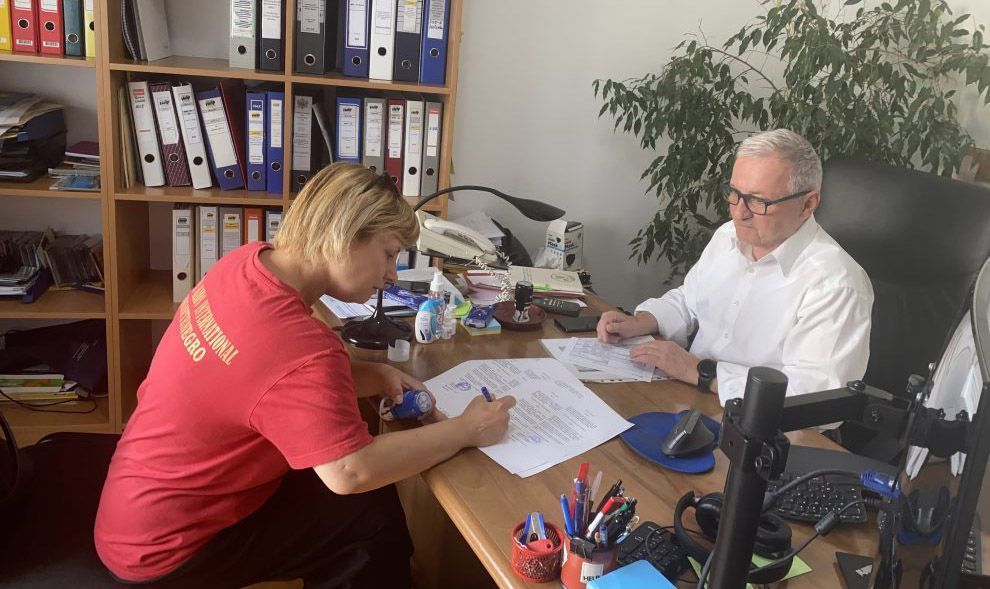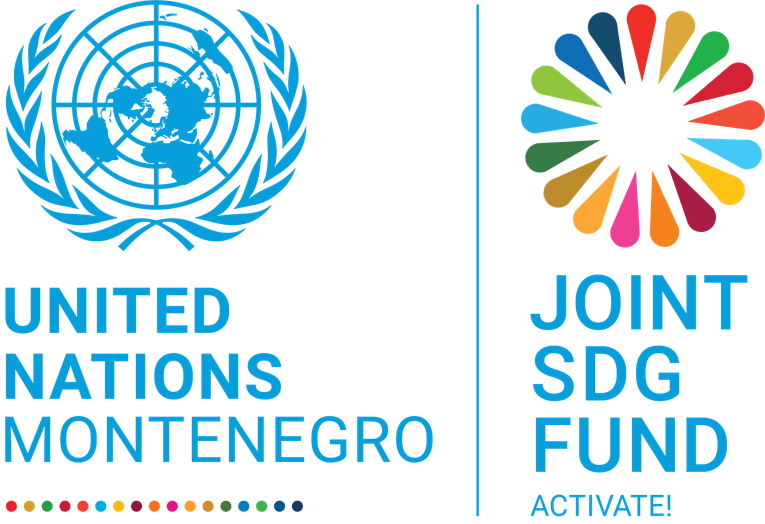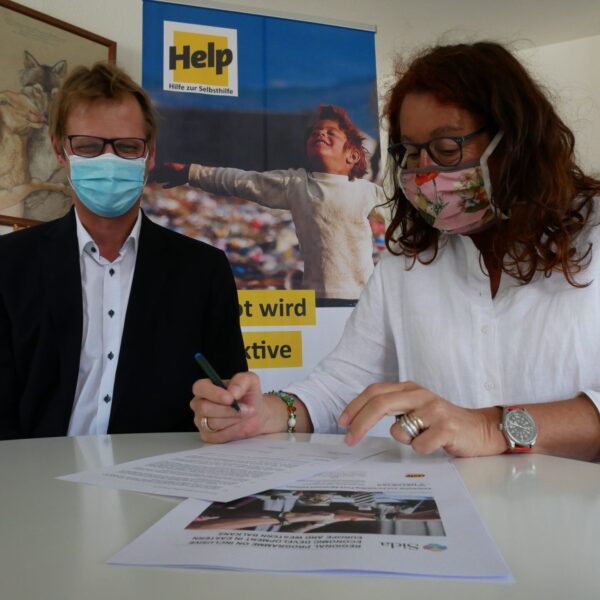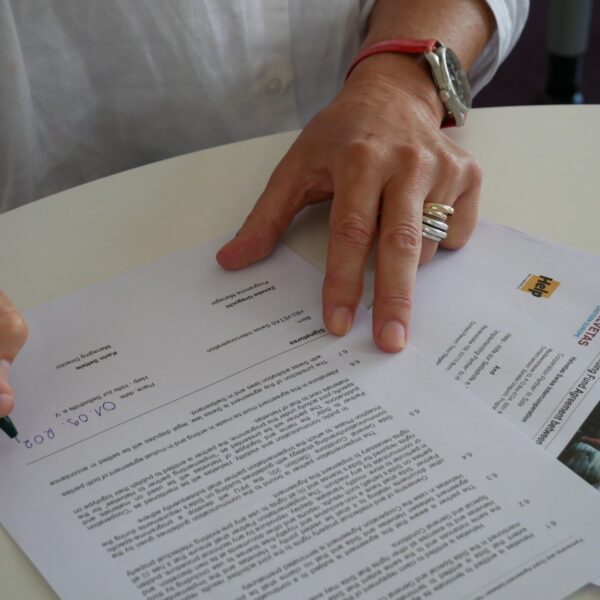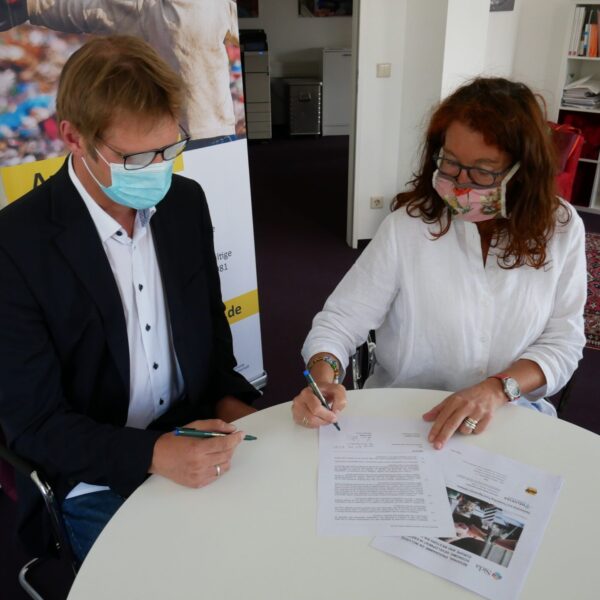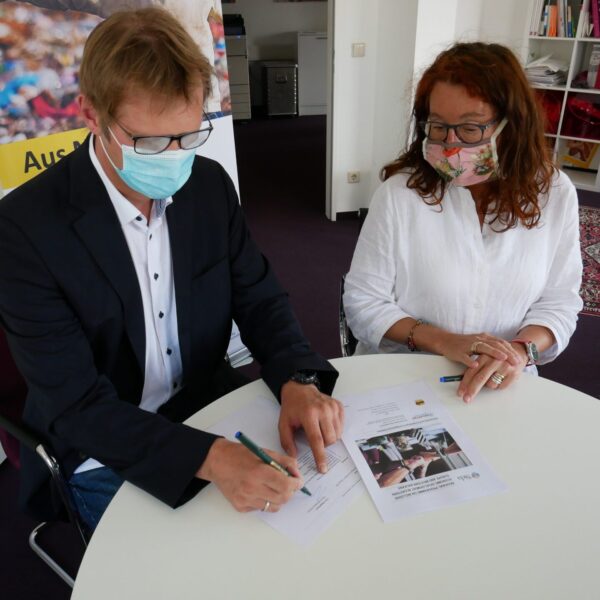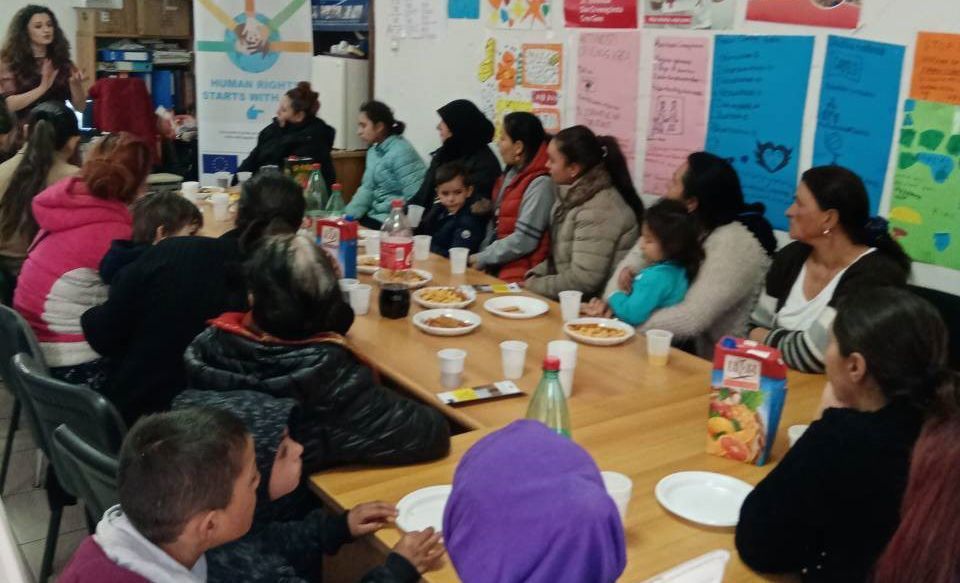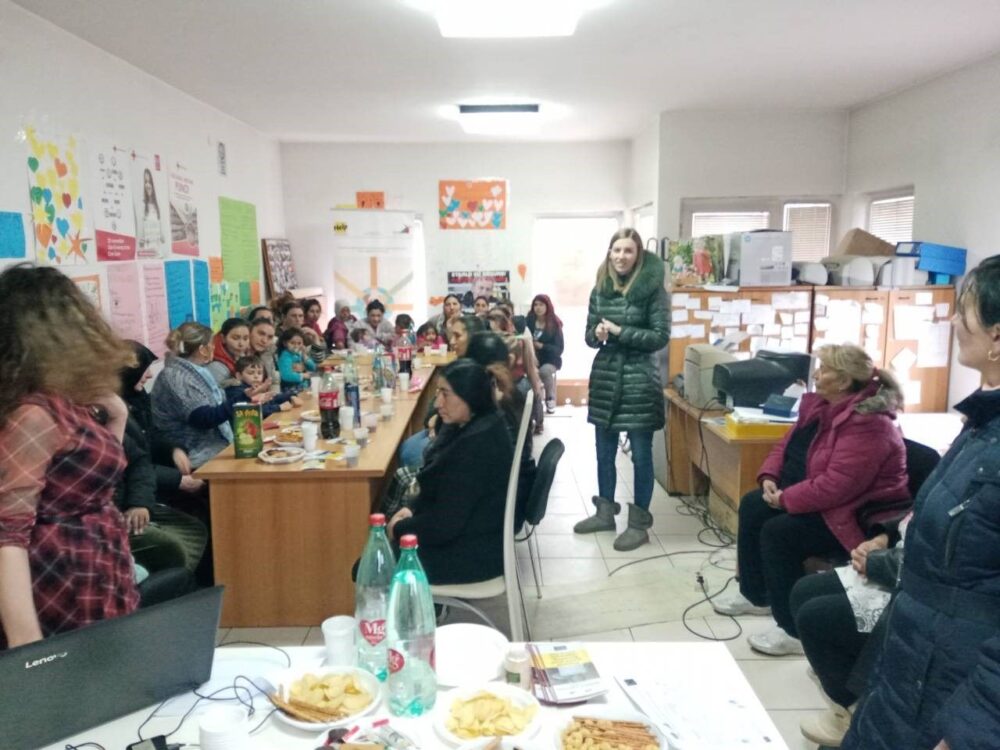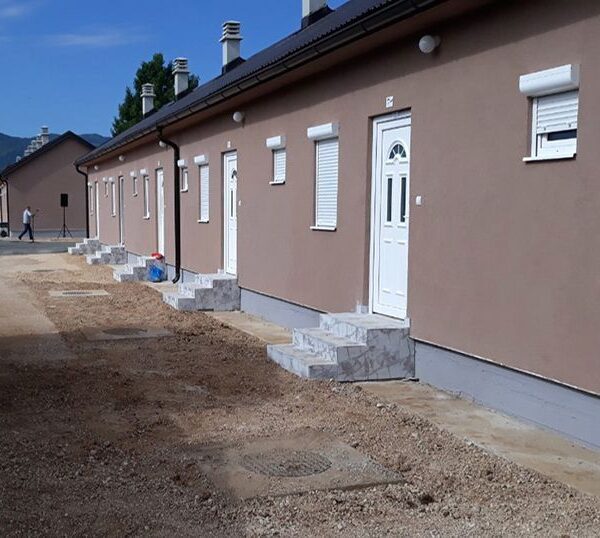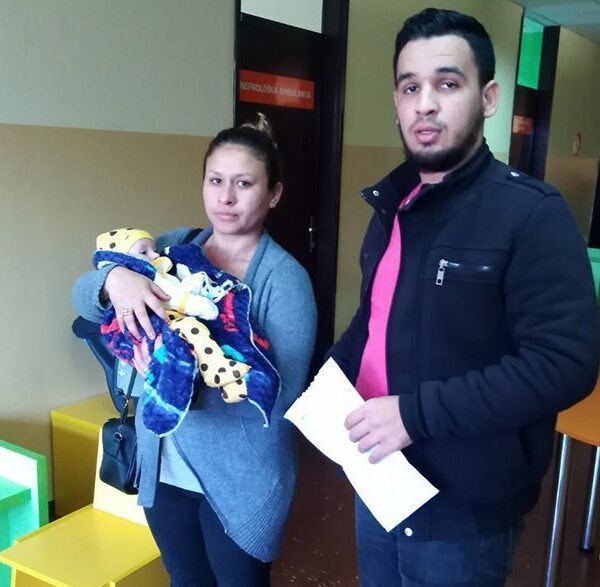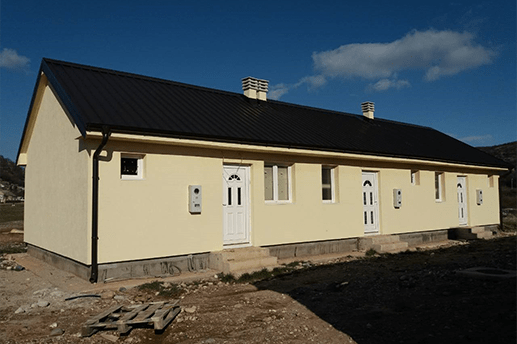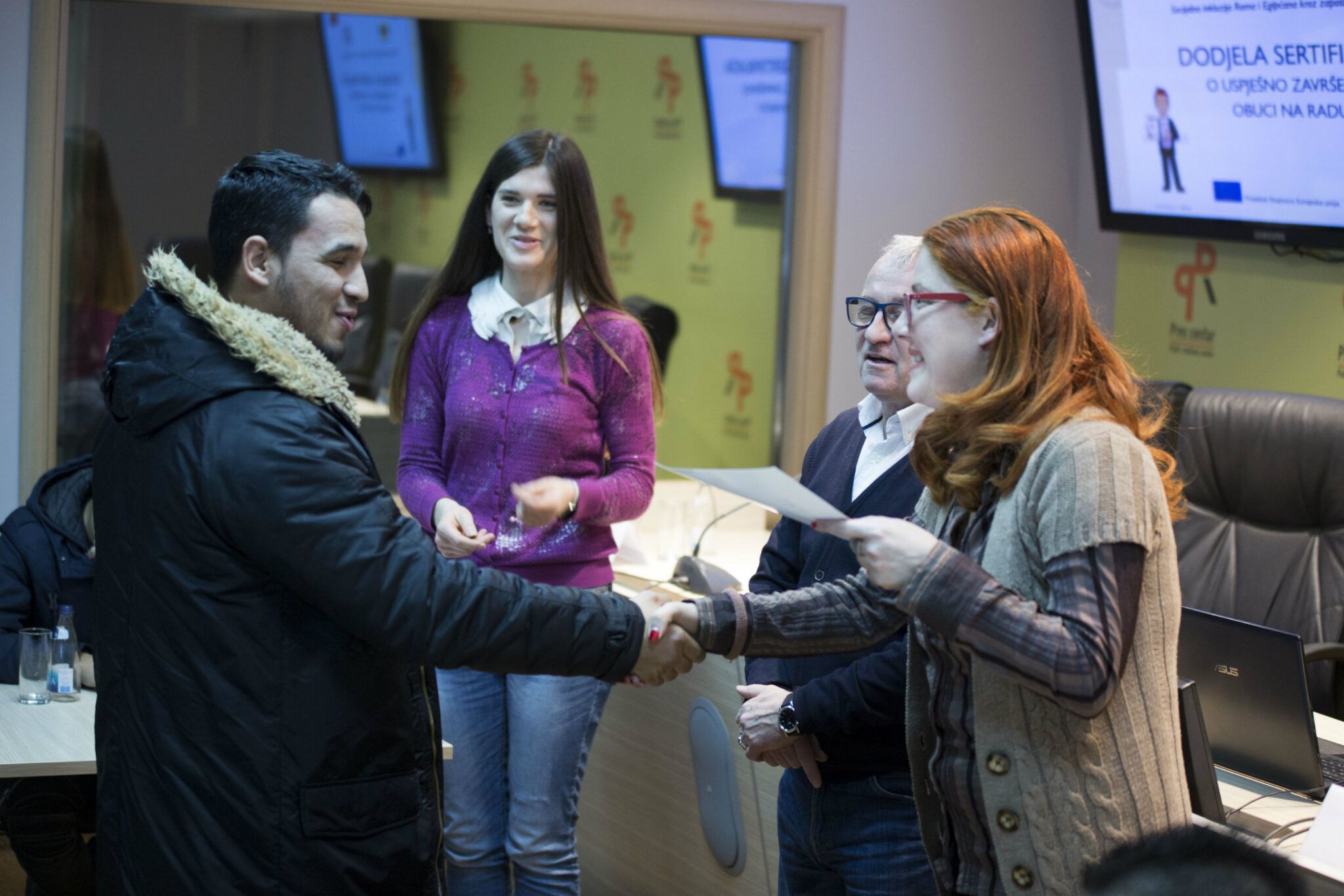SOE-5
PROJECT NAME:
Socio-economic empowerment of the Western Balkans
DONOR:
The German government through the Ministry of Foreign Affairs
IMPLEMENTATION:
February 2021 – December 2022
BUDGET:
505,600 Euro
German Ministry of Foreign Affairs: 78,400 Euro
UIKS: 50,000 Euro
PROJECT DESCRIPTION:
The overall objective of the program is to contribute to reducing the social exclusion of vulnerable groups in the Western Balkans region through economic and social inclusion.
The German non-governmental organisation Help – Hilfe zur Selbsthilfe is implementi a 3,35 million Euros, German-supported programme “Socio-economic empowerment of the Western Balkans” to enhance the socio-economic stability of the region in 2021 until the end of December 2022.
The programme objective is to create mechanisms and networks for the empowerment of marginalised groups including COVID-19 recovery measures and thus facilitate their inclusion and social prosperity.
The focus of the activities, in all Western Balkans countries, is on the job-creation through the establishment of new businesses and provision of support to the existing ones affected by the COVID-19. The assistance will be provided to socially vulnerable groups, women, youth, people with disabilities, prisoners, and local communities, through economic empowerment involving the building of personal and professional skills.
By the end of the project, it is expected that in the Western Balkans, Help will have supported at least 470 small scale businesses. At least 900 people will have increased their personal and professional skills. The penitentiary support to 18 prisons and at least 15 local initiatives completed, and a social platform fully operational on the regional level.
Timo Stegelmann, Help Deputy Managing Director:
“Following the principle of “Help towards self-reliance”, Help supports the efforts of low-income families, women, youth, prisoners, and former prisoners, people with disabilities to improve their living conditions through their own means and for the long-term to strengthen the resilience of communities.”
Montenegro
In Montenegro, the project will facilitate access to the labor market for vulnerable, young people and women, with on-the-job training in private companies and firms to help them gain knowledge, qualifications and skills attractive at the labor market. It is expected to have at least 40 unemployed, to perform a six-month on-the-job training, out of which at least 15 will have a certified three-month vocational training. The employers will be supported with the provision of necessary equipment for the expansion of their businesses. The prison support to the facility in Spuz through equipment and training will also be provided.
Klaus Mock, Regional coordinator of Help:
“I am glad that we will be able to continue our support for vulnerable population groups in Montenegro through activities that will strengthen the economic capacities of women and youth. Support for income generation activities have proven to show the best results when aiming to improve living conditions of vulnerable groups. Equally great results have been achieved through our support to the Institute for the Execution of Criminal Sanctions in Spuz and I am looking forward to cooperate also within this project with this institution. As in the past the UIKS makes a considerable financial contribution for our joint activities there what I greatly appreciate. The support of the German Embassy for our activities is crucial and I would like to use this opportunity to express Help’s thankfulness for their and the German government’s support”
The project also aims to revitalize the economy – which provides for six months of on-the-job training for 20 unemployed people with a focus on the northern region of Montenegro (60% of training participants), of which 15 interns will undergo certified three-month vocational training. Also, 20 employers will be supported who will employ unemployed persons in on-the-job training, after successfully completing the training, for a period of at least 12 months.
Unemployed persons will receive an amount of EUR 250 per month during the six-month on-the-job training to cover the costs during the training.
Help will negotiate with those employers who indicate the need for professional profiles of registered candidates and unemployed persons who have already contacted / found and proposed an employer. Employers who will offer employment after the training and offer the best conditions to the hired unemployed will be in the priority group for selection.
Based on the obtained data, Help will negotiate with those unemployed and employers who offer the best conditions after paid on-the-job training, for the purpose of long-term employment.
Establishment of a pig farm in Spuž prison
The project will renovate the existing barn (400 m2) in the prison premises in Spuž. This will enable the prison administration to offer employment opportunities for about 10 workers and to produce pig breeding for the needs of approx. 1,000 inmates in prison as well as sales. The capacity of the renovated facilities will be large enough to raise about 250 pigs. The facility will also be used as temporary accommodation for livestock seized by customs, market and other inspections. This is of particular importance because the state does not have an immediate solution to confiscate seized or abandoned livestock. So, in addition to meat production, UIKS would also make money from these services.
Steel wire mesh production / knitting line
By procuring st for knitting (calibrators and looms), UIKS will get a significant resource for the production of steel nets for its own needs (estimated value of nets for UIKS is about 80,000 euros for the next 4 years) and the sale of surplus products for the market. In addition to the line for the blocks, which Help provided last year, the line for the production of the network would complete the construction needs of UIKS. Six prisoners will have the opportunity to work on a steel mesh production line. UIKS would independently adjust the appropriate space in one of the halls for these machines.
Prisoner training for plumbers
The project will continue by providing vocational training to prisoners that will a) facilitate economic activities within the prison while the trainee remains in prison and b) provide access to the trainee to the labor force designated after release from prison. The training would license 4 inmates for plumbers.
What will be realized in other countries in the region:
Albania
At least 45 beneficiaries will be supported with in-kind grants including the business and vocational training, as well as the 20 micro-farmers through equipment and capacity building. At least 30 unemployed young people will have gained their professional skills and competencies to facilitate their labor market access through on-the-job training. For the improvement of the local communities, one kindergarten will be renovated enabling safe conditions for at least 90 children.
Bosnia and Herzegovina
The project in Bosnia will cover eight municipalities with at least 150 small businesses and 100 people having their professional performances improved, including the measures for alleviation of COVID-19 impact to local economies. Eight local communities will be strengthened, two prisons supported and at least 20 former prisoners empowered towards self-reliance.
Kosovo
In Kosovo, at least 160 empowered small businesses will be supported with in-kind grants and at least 190 attendees to business and professional training to increase their capacities as well as to facilitate labor market access. Three prisons will be supported within the resocialization component. As for the local communities’ improvement, at least four kindergartens will be supported to create a stimulating environment. In addition, previously established local structures will be utilized in synergetic action for a common good to produce and set up outdoor trash bins installed in the capital of Kosovo, Prishtina.
Serbia
In Serbia, it is expected to have at least 80 small businesses generating sufficient income, in addition to 25 vulnerable people (women and people with disabilities) and at least 10 former prisoners. The penitentiary treatment programmes improved in 12 prisons. As for capacity building at least 400 people will have attended advanced business, professional and specialised training sessions. Social platform placed as a collaborative network of relevant stakeholders and socially vulnerable groups making the most effective use of existing resources and potentials towards sustainable development.
